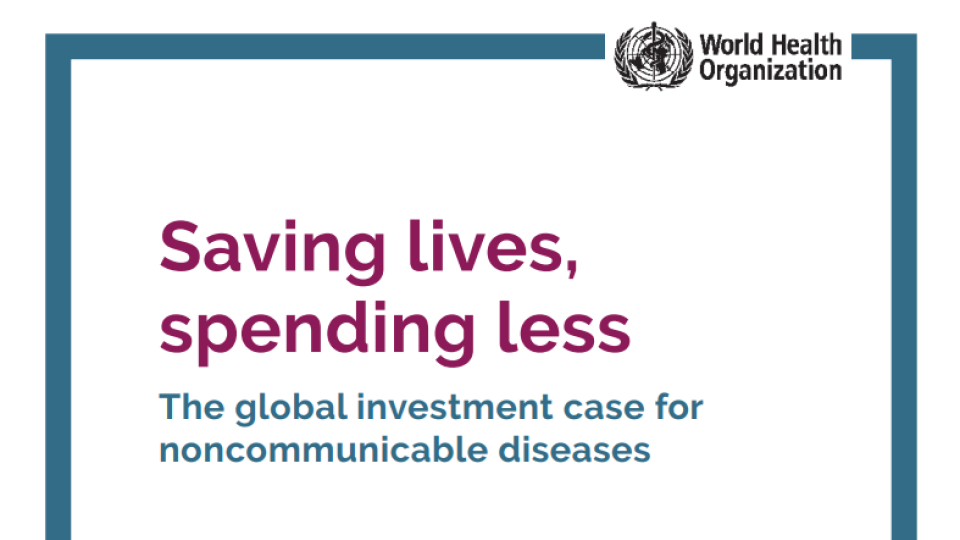WHO Calls for Urgent Investment to Combat Non-Communicable Diseases Globally
The World Health Organization has called for urgent global investment to combat non-communicable diseases, warning that underfunding threatens progress on health and development worldwide.

The World Health Organization (WHO) has issued a strong appeal for immediate and substantial investment to address the escalating crisis of non-communicable diseases (NCDs) globally. The call comes as world leaders prepare to convene at the Fourth High-level Meeting of the United Nations General Assembly, where a new political declaration on NCDs and mental health is set to be adopted as a framework for action through 2030 and beyond, according to WHO statements.
WHO officials emphasized that progress toward the Sustainable Development Goal of reducing premature mortality from NCDs by one third is significantly off track. The organization warned that underinvestment in health services has created a major equity gap, leaving millions without adequate care for conditions such as cardiovascular disease, cancer, diabetes, and chronic respiratory illnesses. WHO leaders stressed that unless governments and partners act urgently, the long-term health of individuals and societies will be severely compromised.
Dr. Jarbas Barbosa, Director of the Pan American Health Organization, highlighted at a UN General Assembly event that NCDs are now the leading public health challenge in the Americas, causing 6 million deaths in 2021, with 38% occurring in people under 70. He pointed to lifestyle factors, rapid urbanization, and population aging as key drivers, and underscored the complex interplay between infectious diseases and NCDs, which was starkly revealed during the COVID-19 pandemic. Dr. Barbosa called for integrated health approaches, early detection, and continuity of care, especially during emergencies.
The upcoming UN meeting will also address the integration of NCD prevention and treatment with maternal, newborn, and child health programs. Organizers and experts are urging governments to reshape health systems, support sustainable financing, and tackle the social, economic, and environmental drivers of NCD risk and inequity. The WHO is encouraging countries, NGOs, and citizens to join forces to accelerate an inclusive and equitable response.
Recent research from the Institute for Health Metrics and Evaluation indicates that development assistance for health has dropped to its lowest level in over 15 years, falling to US$39.1 billion in 2025. This decline in funding further underscores the urgency of WHO’s call, as experts warn that without renewed investment, decades of progress in global health could be reversed.
The World Economic Forum and other organizations have echoed WHO’s concerns, noting that climate change and social determinants such as poverty and inequity are compounding the NCD burden. Collaborative action across sectors is seen as essential to build resilient health systems and protect vulnerable communities from worsening health impacts.
Sources
-
World Health Organization...
Fourth High-level Meeting of the UN General Assemb...
-
Pan American Health Organ...
At UNGA 80 event, PAHO Director highlights critica...
-
Green Watch
WHO Warns of Global NCD Crisis, Calls for Urgent I...
-
World Health Organization...
Uniting efforts on noncommunicable diseases and ma...
-
World Economic Forum
Strengthening healthcare systems for a warming wor...
-
World Health Organization...
Advancing multisectoral and multistakeholder actio...
-
Fiji Times
120,000 diabetic – Dr Hawea calls for urgent gover...
-
Development Policy Centre
New and important research findings about global h...
-
UNICEF USA
Why Non-Communicable Diseases in Children Are a Ri...
-
Development Policy Centre
NCDs as a development challenge: latest data and t...